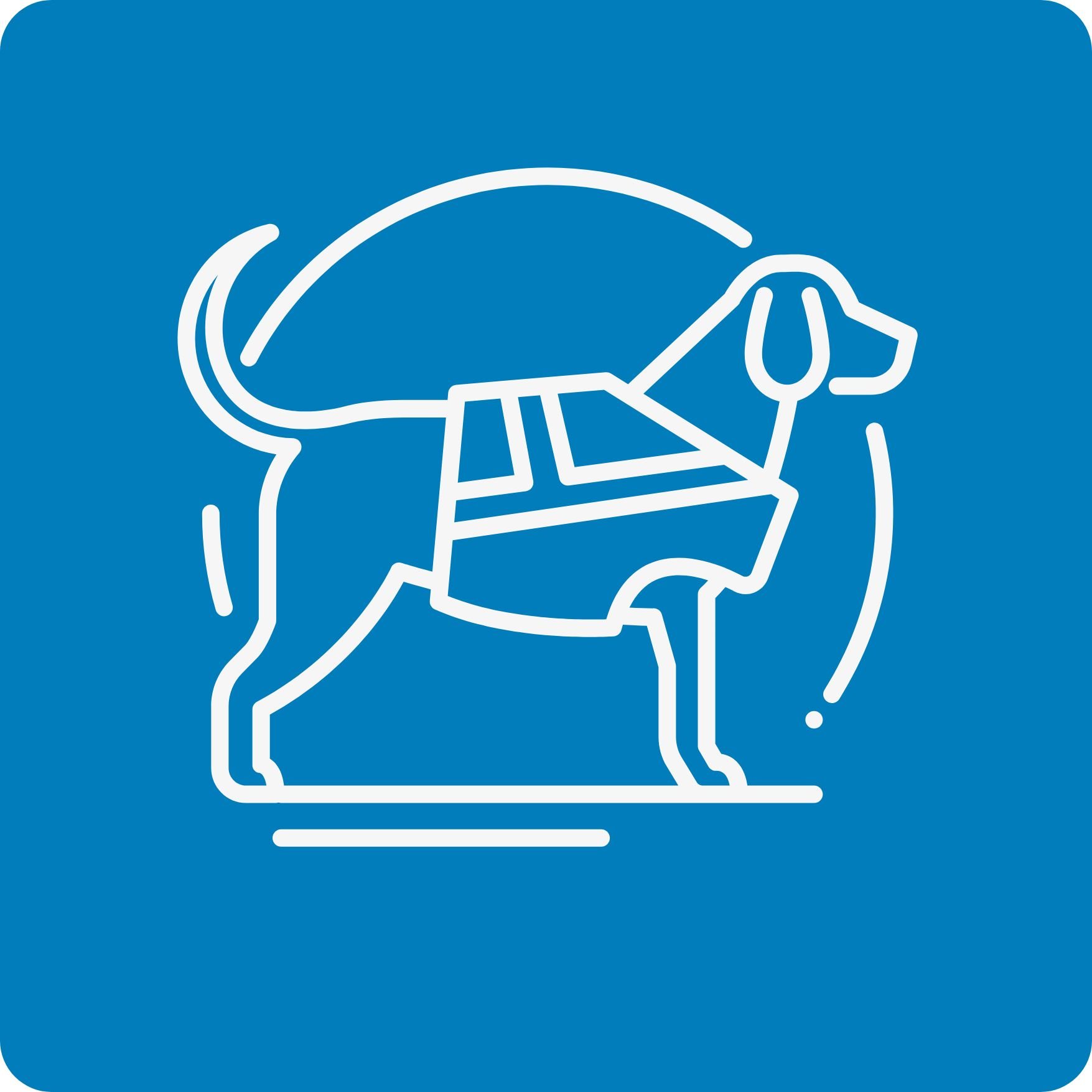Fireworks frighten pets
Fireworks can pose serious risks to animals, people, and the environment. While primarily used for recreation, there is overwhelming evidence that they negatively impact pets, wildlife, and natural surroundings.
Companion animals, particularly dogs and cats, often experience intense fear and anxiety from the unpredictable bursts of light and noise. Pet owners frequently report behaviors like escaping, vocalising, trembling, and destructive actions. Wildlife is also increasingly affected, with impacts reaching far beyond our homes and neighbourhoods. Surveys indicate that nearly half of pet dogs react fearfully to fireworks, with some taking days or even weeks to recover. Read our article for more in-depth information about the ways animals get impacts and research behind this.
At Companion Animals NZ we would support a ban on the sale of private fireworks use, while still allowing controlled public displays which mean people can be notified and be better prepared. We feel this would lessen the risk of physical injury and distress to companion animals
In the meantime, what can pet owners do to support their animals during times when fireworks are prominent in our skies.
Short-term tactics
Check your animal’s identification details are up to date
Whether this is their microchip details on our New Zealand Companion Animal Register, their ID tag or collar – ensure there is a way to identify your companion animal if they go missing.
Create a safe space
Set up a comfort area in your home where your dog/cat can feel safe during fireworks. Making a cosy den using a blanket, putting the animal’s favourite toys and making use of an item of your clothing to create familiar scents will help to keep the animal feeling secure.
Stay with your animal
Make sure that you are with your pet, and you keep your own emotions steady so they are not sensing anything from you and you’re able to help keep them feeling calm and safe.
If you can, sound-proof an area of the house
Close windows and doors and use white noise machines, classical music or even air fans to help mask the sound.
Other ways to reduce anxiety
There are other options to explore which may or may not work for your animal.
canine thundershirts (snug-fitting garments) can provide a sense of security for some anxious dogs, although you will need to test this before you use them during the firework period.
Pheromonatherapy may also be useful – this refers to synthetic pheromones to influence the behavior and emotional state of animals, particularly pets. It is assumed to have an intrinsic effect on the emotional processing of animals. Dog Appeasing Pheromone (DAP) plug-in diffusers available through vets, and placed around the house, resulted a reported improvement in dogs’ clinical signs during firework exposure⁶. There is also a feline version available that appears to be useful for reducing stress in cats.
Move your animal temporarily if appropriate
Horse owners are usually better advised, if they can, to remove their horses to another property where they know fireworks cannot be heard, however if this is not possible there is some guidance on this site about how to prepare your horse.
Consult your vet regarding medication
If you are extremely worried about how you pet’s will cope, and your animal’s fear and anxiety is severe, consult your vet who may recommend short term medication to help your pet manage during fireworks events.
Longer-term strategies
For those pet owners who know that they are likely to experience local private firework displays in advance. These involve systematically desensitising pets to the sorts of stimuli associated with fireworks.
Desensitising through gradual exposure
Start by playing recordings of fireworks at a low volume when the animal is in a calm state, gradually increasing it as your dog becomes more comfortable, but never pushing the animal out of his comfort zone.
Use of positive reinforcement
Pairing the gradual introduction (low volume) of the fireworks sounds with treats, toys, or playtime to create positive associations.
Need more help?
“Companion Animals NZ is in support of a ban on the sale of fireworks to the general public for private use as we consider this would lessen the risk of physical injury and distress to companion animals.
The public sale of fireworks ensures that there is no ‘set’ day for fireworks to be used and therefore companion animal owners must remain vigilant at all times.
Restricting the use of fireworks to controlled public displays would ensure that fireworks are used during a time-limited period, enabling companion animal owners to make arrangements for their animals and ensuring that animals are subjected to the loud noises and bright lights for only a few hours on one evening. ”











